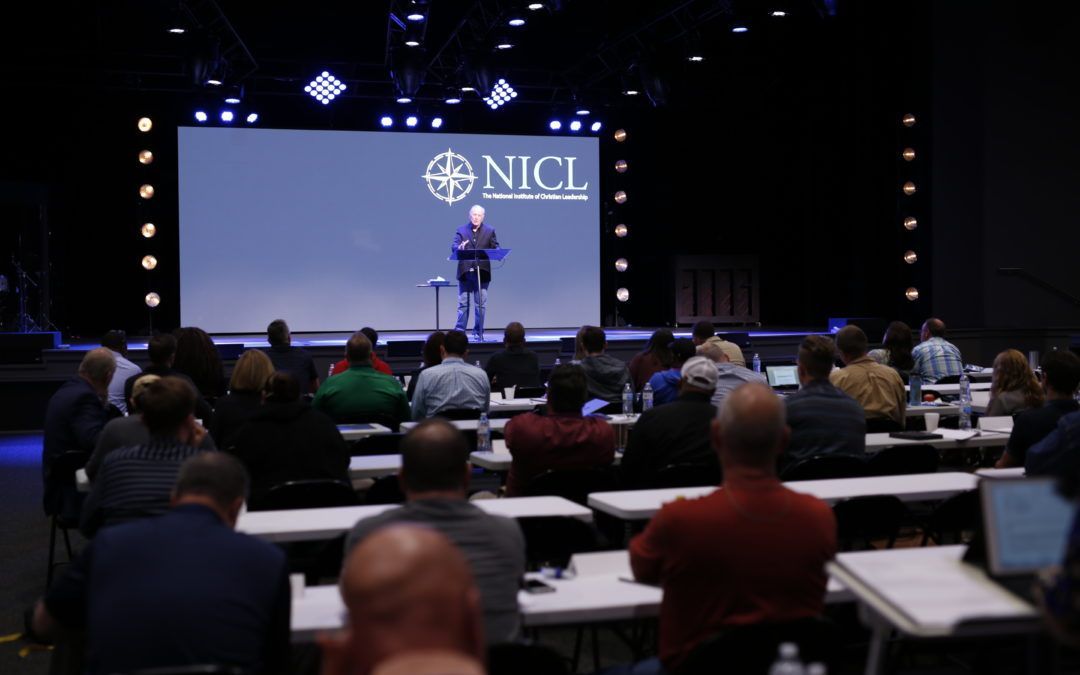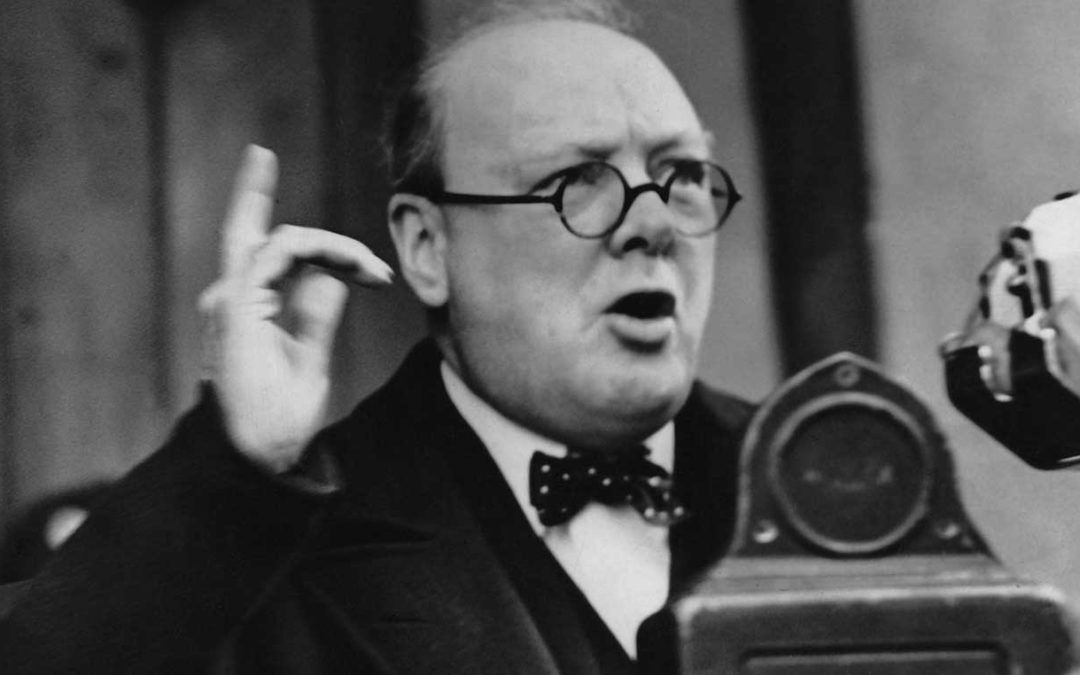Core Qualities of Principled Leaders
Are character qualities something you look at when it comes to the idea of leadership? Whether it’s yourself or a leaders influence over your life, character is more valuable in the role of leadership than power, position or influence. Here are just some of the character qualities that principled leaders can apply within their roles of leadership.
Strong Convictions
What does having a firmly held belief or opinion have to do with character? Strong convictions are the mindset of an individual; meaning everything they say and/or do originates from their convictions. Convictions guide us in our pursuits, giving them meaning and purpose. When you feel strongly about something, you find yourself personally committed to sharing, exercising and fulfilling that ‘something’ through. Everything we say and do becomes purposeful. Purpose is what keeps us going. It’s what keeps us pushing through even when we face opposition. Our ‘why’ is essential in carrying out the responsibilities we have as leaders so in order for those ‘whys’ to be carried out, we must be certain in our pursuits and commitments. Having strong convictions is an important character quality.
Accountability
Accountability is a responsibility. Whether it be to ourselves, others or to our Creator; accountability reflects our commitment to our own personal integrity. This speaks highly of what kind of leader we are or who other leaders are to us. Being accountable means one is willing to submit themselves to being evaluated to one or more individuals that are qualified to examine their attitudes and actions. Where we put our trust is essential in walking out our leadership roles. Having others in our lives that can give us feedback allows us to stay on track or get back on it. It provides us opportunities to grow where we may not have seen otherwise. It’s ones own humility that allows for personal growth through constructive criticism.

Humility
Humility is not something we ‘try’. It’s something we are. If this is a weaker area in your life don’t fret. We all need some work in this area but it’s not achieved through ‘trying’ to be humble. It’s achieved through the process of learning to know yourself and becoming secure in who you are. Who you are is a unique individual with a specific purpose over your life. Being secure in who you are means you understand that your uniqueness is significant and so are the purposes set before you. You’re not one to be self conscious about your decisions or actions, but rather confident in those areas and the direction you are moving because you no longer are having to strive. A natural byproduct of this quality is servant leadership.
Integrity
Integrity, in short, is moral uprightness. It means that a person is not tempted by their own desires or the pressures of others. They do not operate on the basis of self interest or gain. A person of integrity stands upon strong convictions and they do not waiver from them. For a leader to walk in integrity one must be consistent in actions, values, methods, applied principles and expectations. It’s a deep commitment of an individual to do the right thing regardless of the circumstances.
Reliability
A reliable person is often one who accepts responsibility easily. Regardless of the task, they see it as an opportunity to learn and grow. They enjoy productivity and even thrive in it. They welcome responsibilities and because of this they are known as hard working, trustworthy and dependable people. There are those who seem to only be willing to carry out a task if it is beneficial to them in some way. They desire to gain position, be noticed or receive an expected payout. Their purposes focus around self gain rather than the idea of serving. To serve is to look beyond oneself and do what benefits others. The irony in this is that serving actually blesses the person who serves, though they are doing it for everyone else. The character of reliability manifests itself when one looks outside of him/herself and eagerly accepts the responsibilities before him.
Principled leaders make it a priority to develop core character qualities that they may grow in who they are and take what they learn and share it with others. Quality leadership is never about the leader themselves, but the people they influence. Therefore, they are committed to developing themselves that they may be able to help others grow and develop as well.
Become a more effective leader today
Whether you want to expand your influence, grow your church, re-launch your ministry or even earn credit hours towards your Masters degree, the NICL will give you the preparation, training and tools you need to make this a year of growth.









